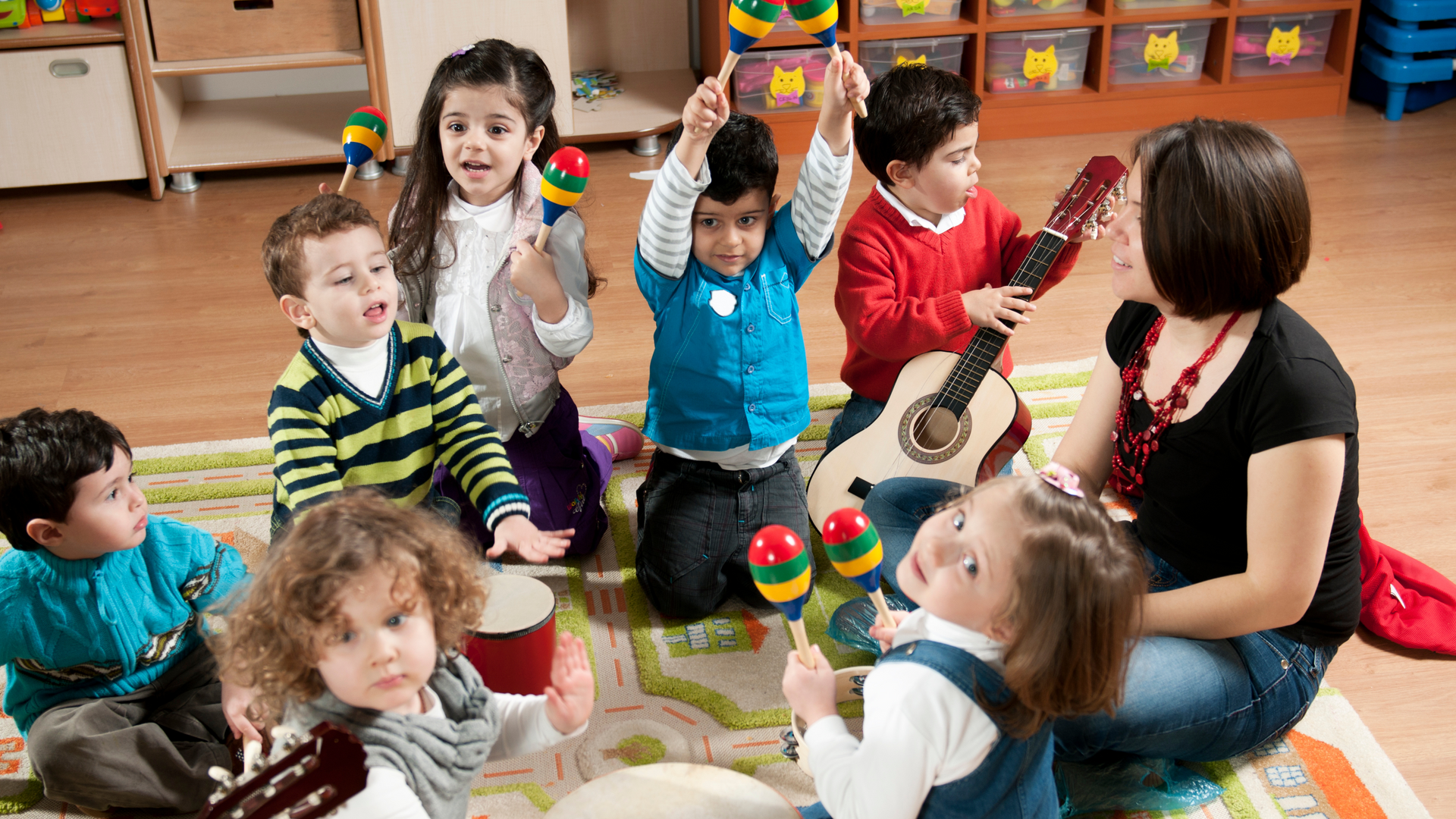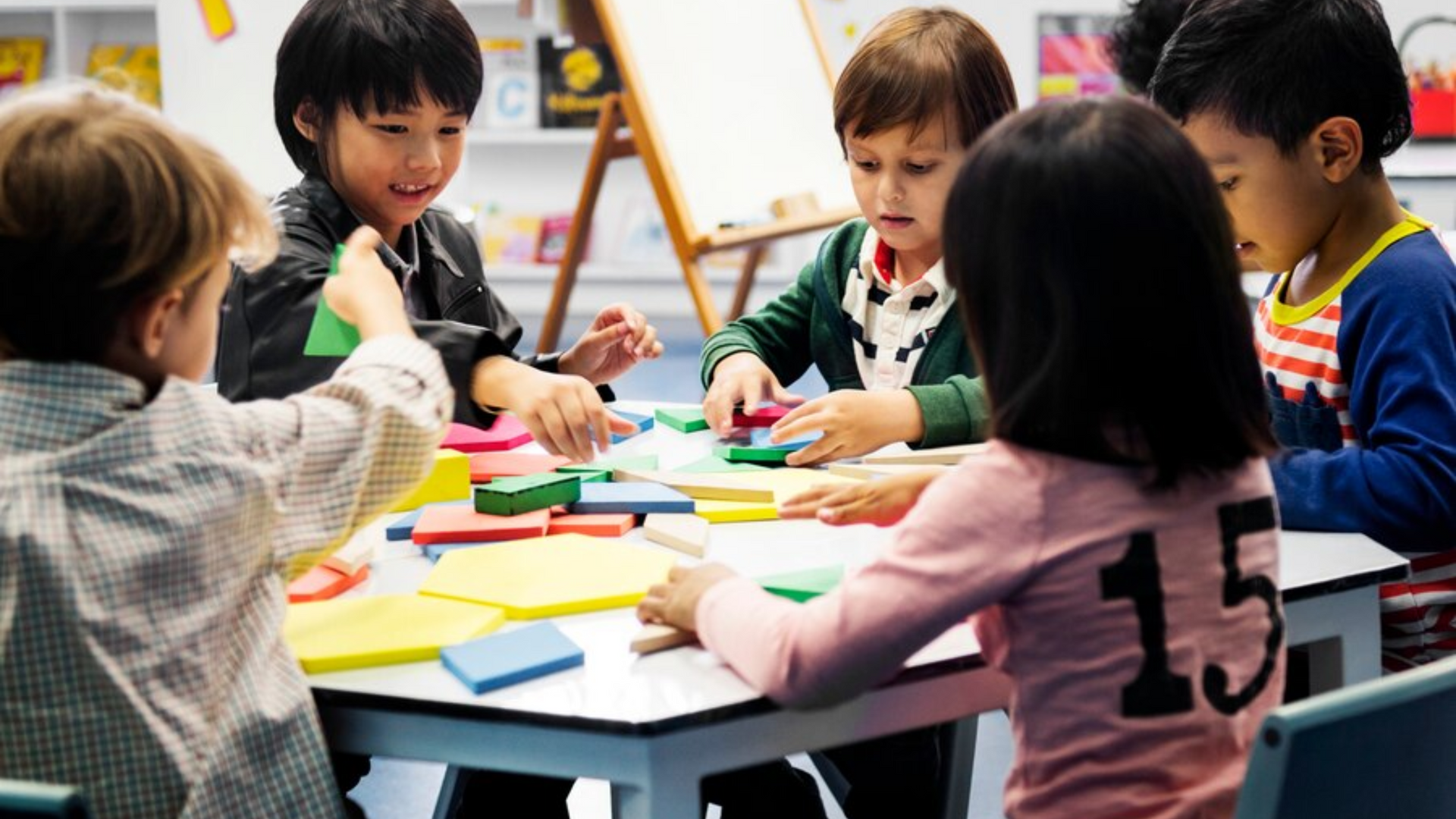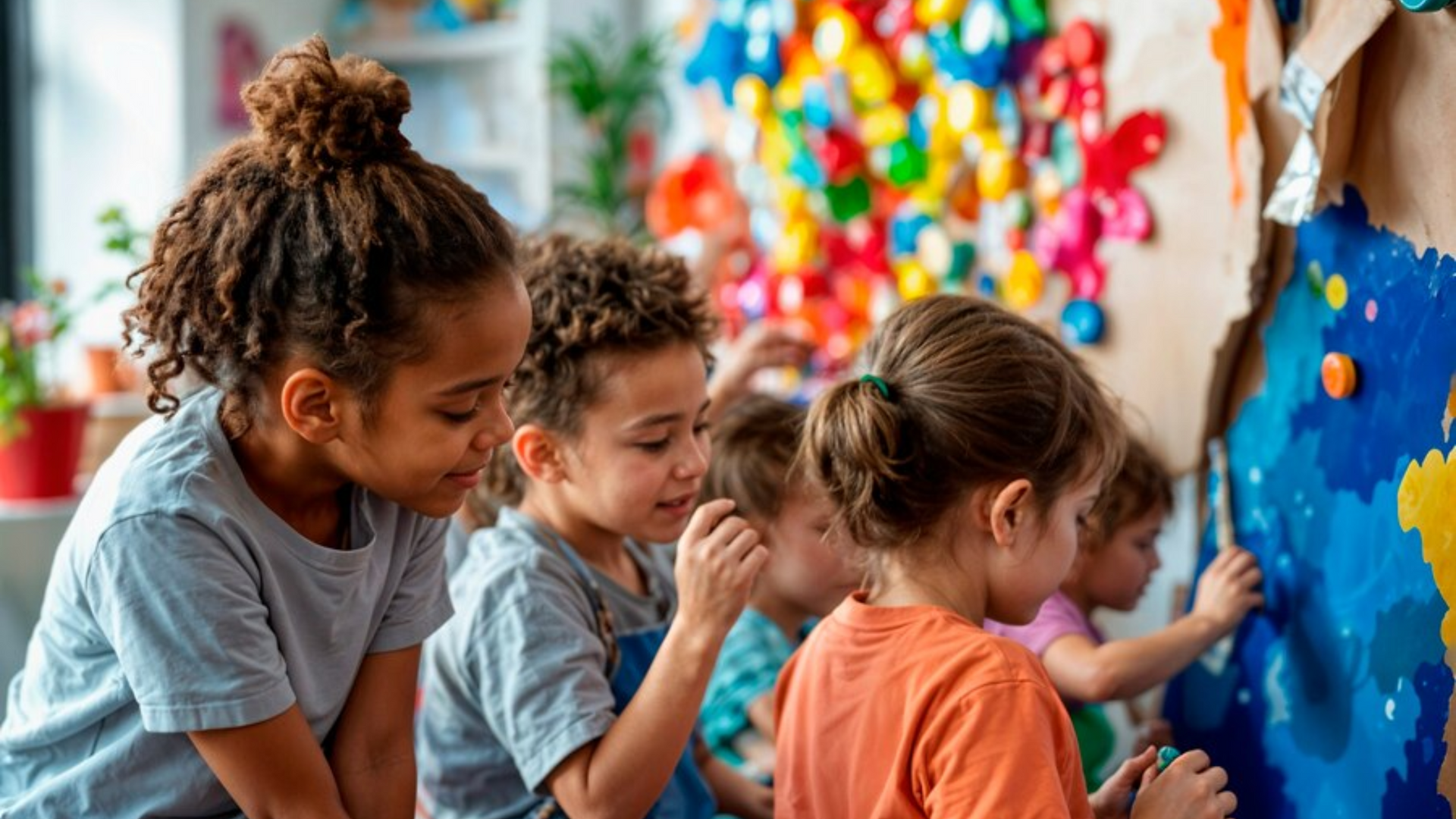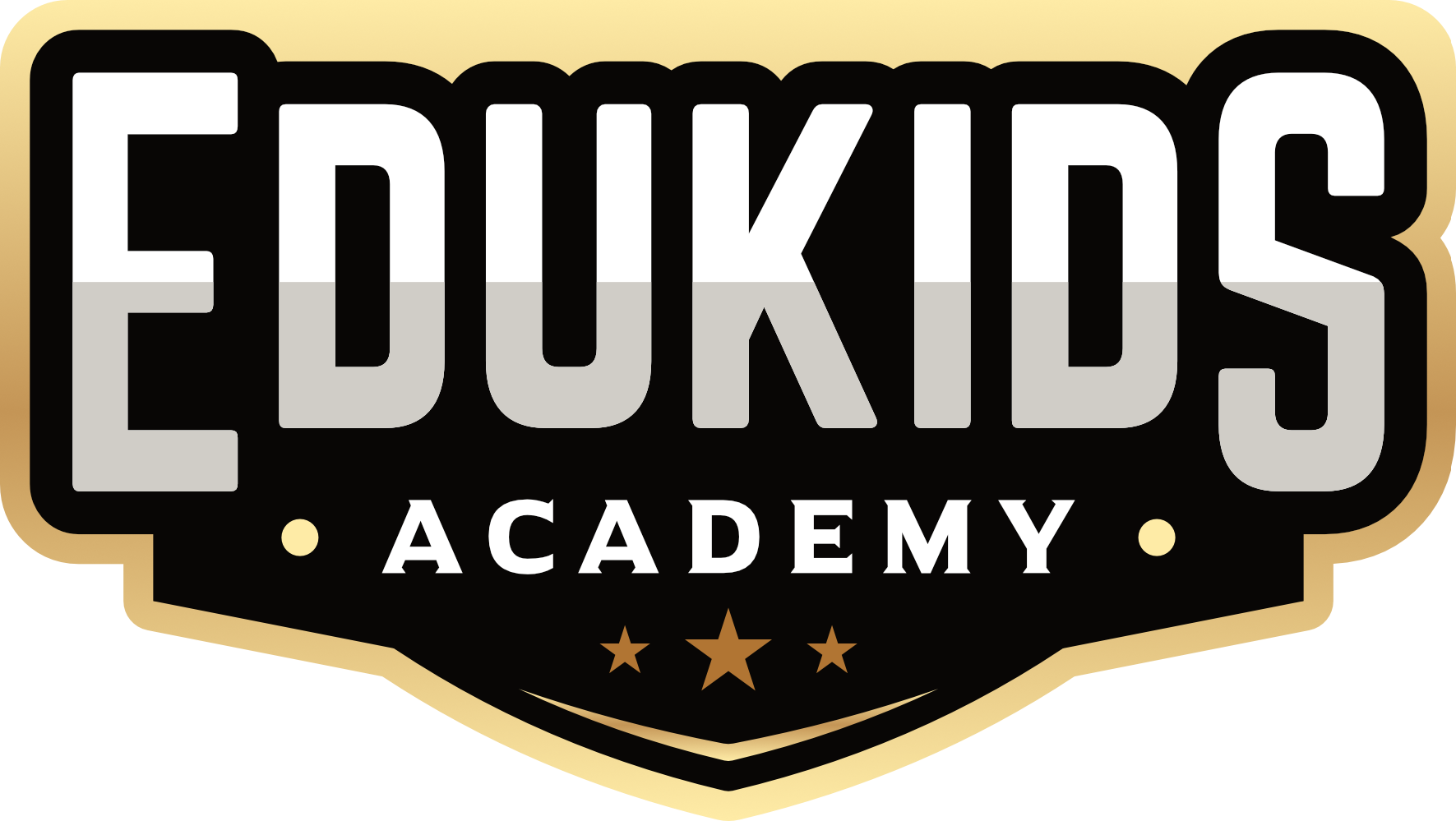Boosting Brain Power: Activities That Support Cognitive Development

The early years of a child's life are an exciting time filled with rapid learning and exploration. During this period, the brain forms connections at an astonishing rate, creating the foundation for critical thinking, problem-solving, memory, and language. At Edukids Academy, we understand how essential it is to harness this period of incredible brain growth with intentional, engaging activities that stimulate cognitive development.
Cognitive development refers to the progression of mental processing abilities, including attention, memory, logic, reasoning, and language acquisition. These functions allow children to make sense of the world, solve problems, and adapt to new situations. By offering rich and varied learning experiences, we can strengthen children’s cognitive abilities and foster a lifelong love of learning.
Why Cognitive Development Matters
Cognitive development isn’t just about preparing children for academics—it’s about building the mental tools they need for everyday life. From recognizing patterns and understanding cause-and-effect to remembering multi-step instructions and making decisions, these cognitive skills affect everything from social interactions to self-regulation.
Children who develop strong cognitive skills early in life are better equipped to handle complex tasks later in school and adulthood. Additionally, early cognitive stimulation has been linked to improved school readiness, higher academic achievement, and increased confidence.
The Role of Play in Brain Development
At Edukids Academy, we embrace the philosophy that play is not just fun—it’s fundamental. Play provides the perfect medium for children to explore new ideas, test hypotheses, and solve problems in a safe and supportive environment. Whether it’s building a block tower or engaging in pretend play, every activity contributes to brain development.
Types of Play That Boost Cognitive Skills:
- Constructive Play: Activities like building with blocks, puzzles, and Legos develop spatial reasoning, planning, and problem-solving skills.
- Symbolic Play: Pretend play or role-playing encourages creativity, memory recall, and language use.
- Games with Rules: Board games, card games, or classroom activities with structured rules help improve executive functioning, such as impulse control, working memory, and flexible thinking.
- Exploratory Play: Hands-on activities involving nature, science experiments, and sensory tables promote inquiry, observation, and critical thinking.
Activities That Stimulate Cognitive Development
- Reading Together Reading aloud exposes children to new vocabulary, sentence structure, and ideas. Ask open-ended questions during storytime to boost comprehension and critical thinking. At Edukids Academy, we include daily story sessions with follow-up discussions and activities.
- Puzzles and Sorting Games Sorting by color, shape, or size strengthens categorization and attention to detail. Completing puzzles enhances spatial awareness, patience, and logical thinking.
- Matching and Memory Games Simple card games that require children to match images or remember item placements support working memory and attention span.
- Problem-Solving Challenges Age-appropriate challenges like figuring out how to fit different shapes through holes or how to get a toy to work help children practice trial-and-error, perseverance, and innovation.
- Music and Movement Songs with repetitive patterns or dance routines that follow sequences support rhythm recognition and auditory processing—key cognitive skills related to reading and math.
- Science Exploration Simple science experiments, such as mixing baking soda and vinegar, allow children to make predictions, observe reactions, and draw conclusions—all critical thinking skills.
- Art and Creative Expression Drawing, painting, and sculpting stimulate both sides of the brain, fostering imagination, planning, and fine motor skills.
- Outdoor Exploration Nature walks, scavenger hunts, and observing insects or plants encourage curiosity and improve observational skills. Real-world learning experiences are among the best for memory and cognitive expansion.
- Cooking Together Involving children in simple cooking tasks teaches them to follow steps, measure ingredients, and observe chemical changes—integrating math, science, and sequencing.
- Technology-Assisted Learning Educational apps and digital games, when used in moderation, can support cognitive skills like pattern recognition, sequencing, and logic. We choose screen time intentionally and pair it with hands-on reinforcement.
The Importance of Routine and Repetition
While novelty is important for engaging the brain, routine and repetition are also essential for cognitive development. Predictable routines help children understand the flow of the day, enhance memory, and build a sense of security. Repetition reinforces learning and builds neural pathways that support skill mastery.
At Edukids Academy, we balance novelty and routine by introducing new themes and activities each week while maintaining a consistent daily schedule.
Supporting Cognitive Growth at Home
Parents and caregivers play a vital role in reinforcing cognitive development outside the classroom. Here are a few ideas:
- Ask Open-Ended Questions: Encourage your child to think deeper by asking questions like "Why do you think that happened?" or "What could you try instead?"
- Encourage Exploration: Give your child time and space to explore independently while providing safe boundaries.
- Celebrate Mistakes: Show that it's okay to make mistakes by discussing what was learned and how to try again.
- Provide Opportunities for Choice: Let your child make decisions about what to wear, eat, or play. This supports decision-making and critical thinking.
- Limit Passive Screen Time: Encourage interactive activities that require engagement and thinking rather than passive consumption.
Our Cognitive Development Approach at Edukids Academy
Our curriculum is thoughtfully designed to meet children where they are developmentally and provide the right level of challenge and support. Our educators use observation and assessment to personalize learning activities that promote cognitive growth across multiple domains.
Whether your child is exploring early math concepts, engaging in hands-on science activities, or listening to a story, every part of their day is rich with opportunities to build cognitive strength.
We believe that children learn best through experience. That’s why we create a vibrant, sensory-rich environment that invites children to ask questions, make discoveries, and connect ideas in meaningful ways.
Long-Term Benefits of Early Cognitive Development
When children are provided with consistent cognitive stimulation in their early years, they develop:
- Stronger memory and attention
- Advanced problem-solving and analytical thinking
- Greater language and communication skills
- Enhanced academic readiness
- Confidence in their ability to learn and adapt
These advantages follow children throughout their educational journey and into adulthood, laying the groundwork for lifelong learning and adaptability in an ever-changing world.
Conclusion: Laying the Foundation for a Bright Future
Boosting brain power in early childhood isn’t about pushing academics—it’s about nurturing curiosity, exploration, and joy in learning. At Edukids Academy, we are committed to creating a dynamic and supportive environment that empowers young minds to grow and thrive.
Our approach to cognitive development goes beyond worksheets and flashcards. Through hands-on experiences, imaginative play, and personalized learning, we help children build the mental muscles they need to succeed in school and in life.
To further explore how early childcare enrollment can support your child’s developmental journey and help you choose the right starting point, check out our related posts:7 Advantages of Early Childcare Enrollment andWhat's the Best Age to Start Childcare?. These articles provide additional insights to help you make informed decisions about your child’s early education experience.





















